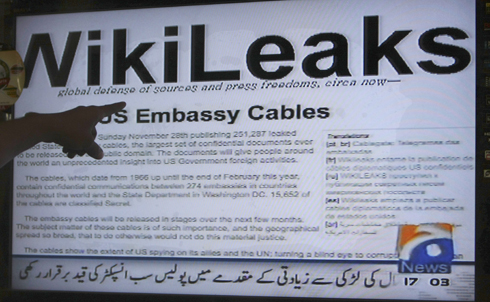
On November 28th of last year, WikiLeaks began releasing their massive cache of classified correspondence cables to and from US diplomats around the world, an unprecedented publication of secret documents that continues to this day. The Nation’s Greg Mitchell has been covering Cablegate since the beginning, providing around-the-clock updates on the cables and the global diplomatic fallout — and wide range of opinion — on his Media Fix blog.
He has also collected and analyzed key lessons of the leaks, going back to last April, including the Iraq and Afghanistan "war logs," in his new book, The Age of WikiLeaks, available in print and electronic editions.
Today, March 7, marks the 100th day since Mitchell began live-blogging the leaks, and his regular updates have covered everything from the disturbing secrets governments have been hiding from their citizens to the ways WikiLeaks has changed how we think about information freedom. Here are the most important revelations, events and changes in our media and political landscape that have resulted from the cables.
Credit: AP Images
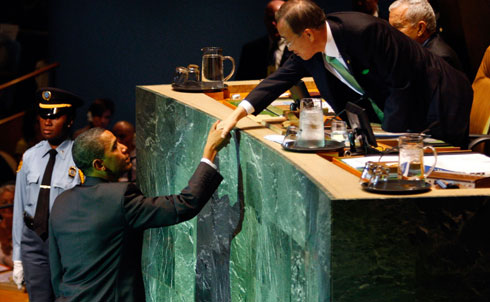
One of the most sensational revelations of the early days of the leaks was that our State Department asked our diplomats at the United Nations to spy on others, including the secretary general, and even aimed to retrieve credit card numbers.
Credit: Reuters Pictures
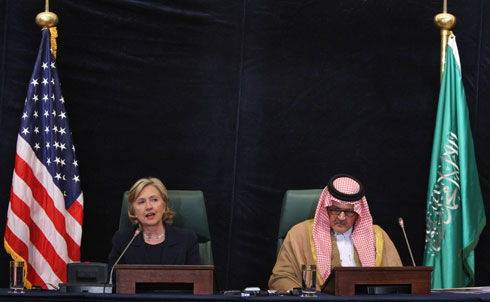
The initial cable dump also revealed that Saudi Arabia, our ally, is among the leading funders of international terrorism.
Credit: AP Images
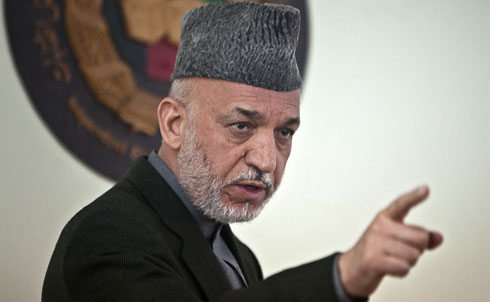
According to the cables, the scale of corruption in Afghanistan tops even the worst estimates. President Hamid Karzai regularly releases major drug dealers who have political connections. His half-brother is a major drug operator. The cables also revealed threats to the security of Pakistan’s nuclear materials, and that elements of the Pakistani army are backing the Taliban.
Credit: Reuters Pictures
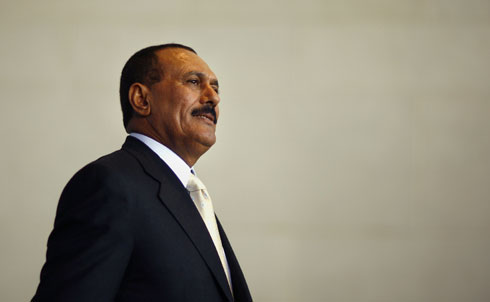
The cables contained proof that Yemeni President Ali Abdullah Saleh lied to his own people, taking credit for air attacks on militants in that country—but it was the United States that did the job. Saleh gave the US an “open door” to combat terrorism, and Washington secretly shipped arms to the Saudis for use in Yemen.
Credit: Reuters Pictures
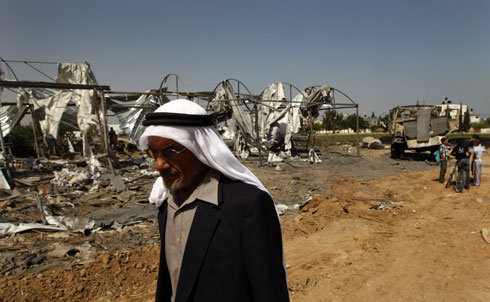
Also in the cables: assertions that Israel sought to bring Gaza to the “brink of collapse” and that Israel worked closely with Palestinian Authority President Mahmoud Abbas in an effort to repel Hamas’s takeover of Gaza in 2007.
Credit: AP Images
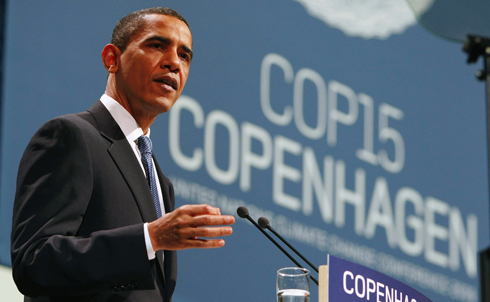
The cables contained details on a number of disturbing environmental revelations: the US conspired with China and used threats and spying to get its way at the 2009 Copenhagen climate conference; BP covered up a massive gas blowout in Azerbaijan in 2008 on a scale with the 2010 leak in the Gulf of Mexico; the US pressured the European Union to accept genetic modification; and much more.
Credit: Reuters Pictures

The backlash against WikiLeaks for bringing these secrets to light was swift, with pundits and political figures such as Sarah Palin and Newt Gingrich issuing threats against Assange, saying that he should be hunted down like bin Laden, brought up on capital crime charges or assassinated.
Credit: AP Images
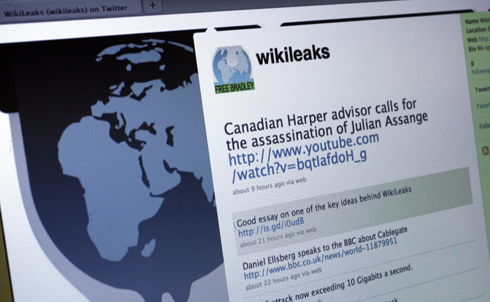
In response to the cables, Amazon, Pay Pal, Master Card and other firms ended their business relationships with WikiLeaks. At the same time, the US Department of Justice formed a grand jury to consider charges against Julian Assange, and went after the records of some of his supporters at Twitter (and possibly other social networking sites).
Credit: AP Images
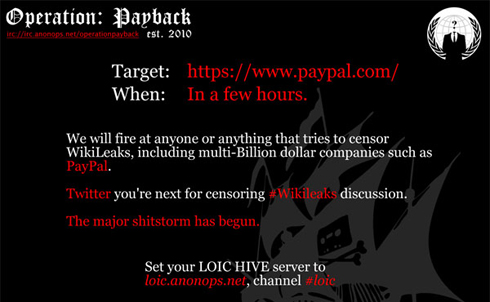
In December, the hacking group “Anonymous” began their Operation Avenge Assange hacking campaign against the Bank of America, the Koch Brothers, firms that dropped ties to WikiLeaks and others.
Credit: anonops.net
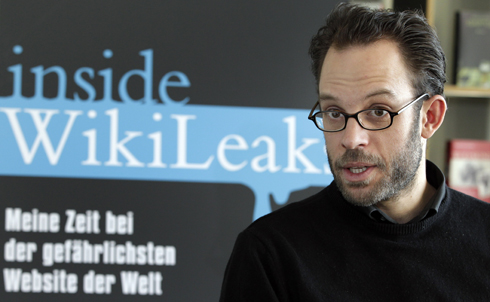
The success of WikiLeaks (and the organization’s increased lack of transparency) also sparked the formation of OpenLeaks and other “leaks” operations covering niche issues and specific countries or regions all over the world. In January, Al Jazeera formed its own leak channel and released the “Palestine Papers.” The New York Times is considering setting up its own channel.
Credit: AP Images
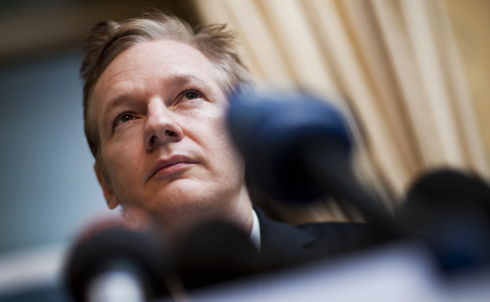
In early December, Julian Assange was arrested and jailed as he faced extradition hearings relating to sex crime cases in Sweden. Freed on bail, he was sentenced to wear an electronic tag and remain in a friend’s manor. In February, a judge ruled against Assange, and he now awaits outcome of his appeal as WikiLeaks delays releasing documents on a major bank and more.
Credit: Reuters Pictures
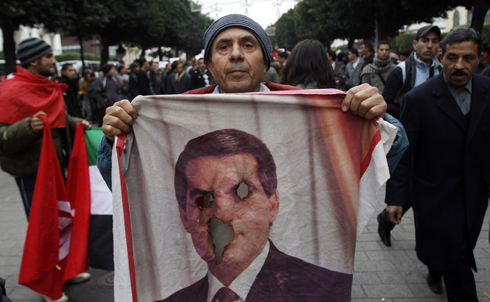
Long after the initial cable dump, in January WikiLeaks released documents revealing that Tunisia’s ruling elite used mafia-type “skimming” methods and other forms of corruption to enrich themselves for years, all while unemployment for normal Tunisians ran as high as 20 percent. The cables helped fan the flames of a revolt in the country that eventually toppled President Zine El Abidine Ben Ali’s government in January.
Credit: AP Images
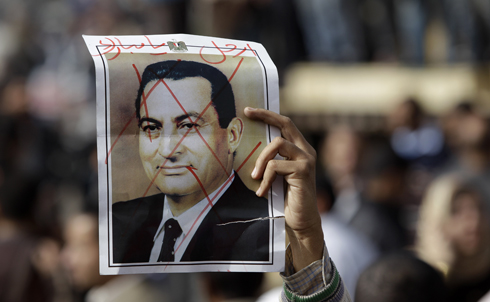
After protests erupted in Egypt, WikiLeaks released new cables documenting the extent of the corruption, torture and other abuses ordered or allowed by Hosni Mubarak’s regime (and under the watch of Mubarak’s right hand man, Omar Suleiman). The cables influenced media coverage of, and US government reaction to, the protests in Egypt that ultimately forced Mubarak’s exit in February. Additional cables on corruption in Bahrain released in February are now playing much the same role there as massive protests spread throughout the Middle East and North Africa.
Credit: AP Images
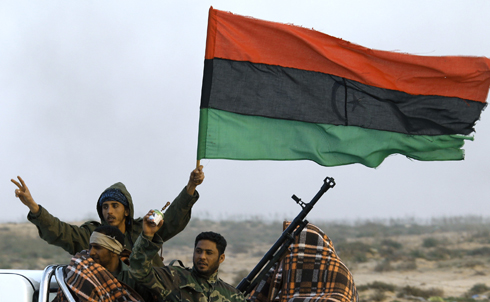
As protests and outright insurrection against Muammar el-Qaddafi’s regime intensify in Libya, newly-released cables reveal the full extent of his own corruption, US dealings with him and the outrageous spending and behavior of his children (such as paying $1 million each to Beyoncé and Mariah Carey for private concerts).
Credit: AP Images
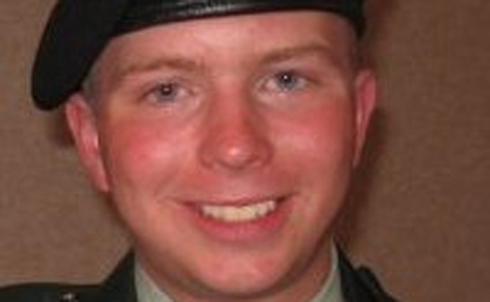
After many months locked away on charges related to leaking the cables and other classified documents to WikiLeaks, Army Private Bradley Manning gains wider attention in the aftermath of the cables’ release, with the first full reports on the harsh conditions of his incarceration at Quantico base in Virginia. Then, in early March, the military filed 22 new charges against him, including aiding an unspecified “enemy,” with the possibility that he could face death. All this despite the fact that any link to Assange has yet to be found.
Credit: AP Images
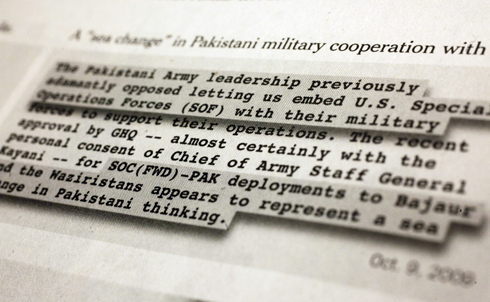
After they worked with Assange for much of past year on multiple WikiLeaks releases, the New York Times and the Guardian turned against him, citing odd or improper behavior. New books by those newspapers, and one by a former Assange colleague, offered more criticism of him. US journalists, in general, unlike most abroad, show little public support for Assange.
For more on the continuing repercussions of WikiLeaks’ Cablegate, read Mitchell’s latest updates on Media Fix. Also see his book in print or electronic editions.
Credit: AP Images


